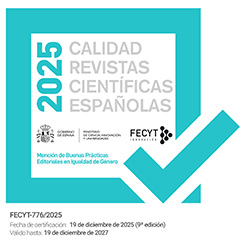Anti-plagiarism and AI Policy
Originality, plagiarism and acknowledgement of sources
Manuscripts submitted to The Grove require the assurance that it is an original work which has not been previously published and that it is not being considered for publication elsewhere. By originality, we understand that the work has been produced by the authors themselves. Our policy is based on the suggestions and recommendations the organisation for publication ethics COPE provides with.
Plagiarism is the unethical act of using others’ prior ideas, processes, results or words without explicit acknowledgement of the original authors and sources. Plagiarism is considered academic dishonesty and a breach of journalistic ethics, and some cases of self-plagiarism can also be considered a form of scientific misconduct. Therefore, all manuscripts submitted to The Grove will be checked using advanced plagiarism software Turnitin to prevent the journal from publishing plagiarized and/or unoriginal content.
Similarly, The Grove acknowledges the current positive role that AI plays in academic production. However, we maintain that authors should be transparent regarding its use. Accordingly, we request that contributors clearly indicate which sections of their submissions have been generated or assisted by AI tools. In addition, we employ Turnitin's AI detection tool to help verify the authenticity and authorship of the submitted work.
If the plagiarism and AI detection program presents a high similarity index, the manuscript will be automatically rejected by the editorial staff and not considered for publication in the journal unless a valid justification is provided. However, citation improvement may be required if the similarity index is considerably low. After undertaking the necessary corrections, the manuscript could be resubmitted.
























